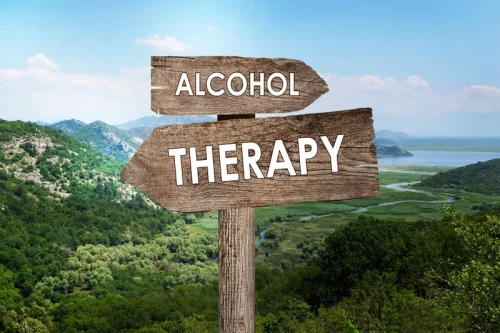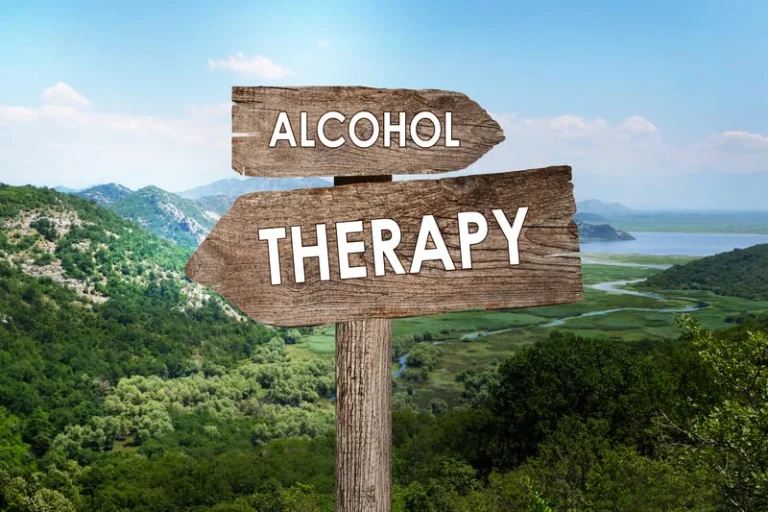What Does an Addiction Counselor Do?
- Posted by lostartist in Sober living
- No Comments
-

An addiction counselor will also often become part of the client’s support system. In some cases, people facing addiction don’t have family, friends, or other loved ones supporting their recovery. Even when loved ones do support recovery, they may not know how best to do so, providing only minimal support.
Addictions We Treat

Contact Bedrock Recovery Center to meet with a substance abuse counselor and begin treatment. Substance use disorder (SUD) is a treatable mental disorder that affects a person’s brain and behavior, leading to their inability to control their use of substances like legal or illegal drugs, alcohol, or medications. Symptoms can be moderate to severe, with addiction being the most severe form of SUD. Of course, requirements for addiction counselors will vary by state and employer.

Does relapse to drug use mean treatment has failed?
- It also gives patients who are not comfortable opening up in traditional therapy sessions a way to communicate their deepest fears and issues in a non-threatening manner.
- Therapists teach strategies to handle cravings and triggers effectively, which prevents relapse and help maintain long-term sobriety.
- Treatment plans for SUDs are often developed using the American Society of Addiction Medicine (ASAM) framework.
- In the United States, the states regulate and license substance abuse counselors.
- Professionals in private practice must be licensed by the state where they work.
- They meet regularly with patients to help them recover, and they may work intensely with people in crisis.
Behavioral therapies help people in drug addiction https://ecosoberhouse.com/ treatment modify their attitudes and behaviors related to drug use. As a result, patients are able to handle stressful situations and various triggers that might cause another relapse. Behavioral therapies can also enhance the effectiveness of medications and help people remain in treatment longer.
Addiction Counselor (formerly known as Substance Abuse Counselor)

This type of therapy capitalizes on the way groups shape behavior, self-image, addiction counseling definition and mental health. As the name suggests, individual counseling involves a certified counselor working alone with the individual. The frequency of the meetings can vary; you and your counselor will come up with a frequency that works for you. The patient and counselor develop a comprehensive treatment plan together.

While challenging, the role of substance abuse counselor is one that can be extremely fulfilling. If you have a natural inclination towards helping those in need, a career as a substance abuse counselor might be just what you are looking for. A substance abuse counselor, otherwise known as an addiction counselor, is an expert who offers those struggling with addiction tailored assistance and direction. A strong dedication to helping people, compassion, and extensive knowledge are all necessities in this demanding field. People of all ages who have a substance addiction problem should consider seeing a substance abuse counselor. In many cases, a psychologist, addiction psychiatrist, primary care doctor, or other provider will refer people to a substance abuse counselor for treatment.
Do I Need a Substance Abuse Therapist or a Recovery Therapist?
First, cognitive behavioral therapy helps individuals understand what is alcoholism the negative thought patterns and actions that lead to their addiction. Meanwhile, motivational interviewing provides a sense of support and community throughout the recovery process. Virtual counseling can help individuals receive treatment for various disorders. Virtual counseling is beneficial for both substance abuse and behavioral addictions. The work of the addiction counselor is invaluable, especially amidst a growing mental health crisis in our communities. Addiction counselors are responsible for evaluating their clients’ health, recommending treatment, fostering coping skills for future success, and providing therapeutic support to help facilitate their recovery.
Providing Coping Strategies to Manage Cravings
Research on the science of addiction and the treatment of substance use disorders has led to the development of research-based methods that help people to stop using drugs and resume productive lives, also known as being in recovery. These skills enable substance abuse counselors to guide clients through the recovery process with professionalism, compassion, and dedication, creating a supportive environment where lasting change can take place. Counselors focus on providing therapeutic support, assessing recovering individuals, and developing treatment plans rather than managing prescription medication. A counselor works as a drug addiction or alcohol addiction recovery expert, educating people about the consequences of substance use disorder and providing support to those who are struggling with such problems.

Connect with NIMH
- Online therapy can take the form of any of the counseling types listed above.
- Substance abuse counseling isn’t limited to drug and alcohol issues; it can include behavioral addictions such as gambling, eating disorders, and other dependencies.
- The techniques substance abuse counselors use in counseling are listed below.
- The pressure of life’s burdens and responsibilities can sometimes lead to reliance on drugs or alcohol.
- The goal is to support each person’s self-efficacy so that they feel motivated and capable of achieving their goals.
Like treatment for other chronic diseases such as heart disease or asthma, addiction treatment is not a cure, but a way of managing the condition. Treatment enables people to counteract addiction’s disruptive effects on their brain and behavior and regain control of their lives. To become a substance abuse counselor you will usually need at least a two year training program.
- Specialized addiction treatment training in an accredited program is also required, followed by gaining practical experience through an internship or clinical work.
- Many people’s first experience working with a substance use counselor will be at a local detox center or treatment program after coming to terms with their substance use problem.
- These professionals work with individuals who experience a range of substance use issues.
Finding an internal factor is crucial in recovery, which counselors utilizing MI work to establish. Biofeedback and neurofeedback therapies use active displays of an individual’s physical vital signs, including blood pressure, respiration rate, and pulse. These vitals are directly connected to managing discomfort, including anxiety and stressful situations. An addiction counselor can use these therapies to help teach individuals that how they feel physically can impact how they feel emotionally.

